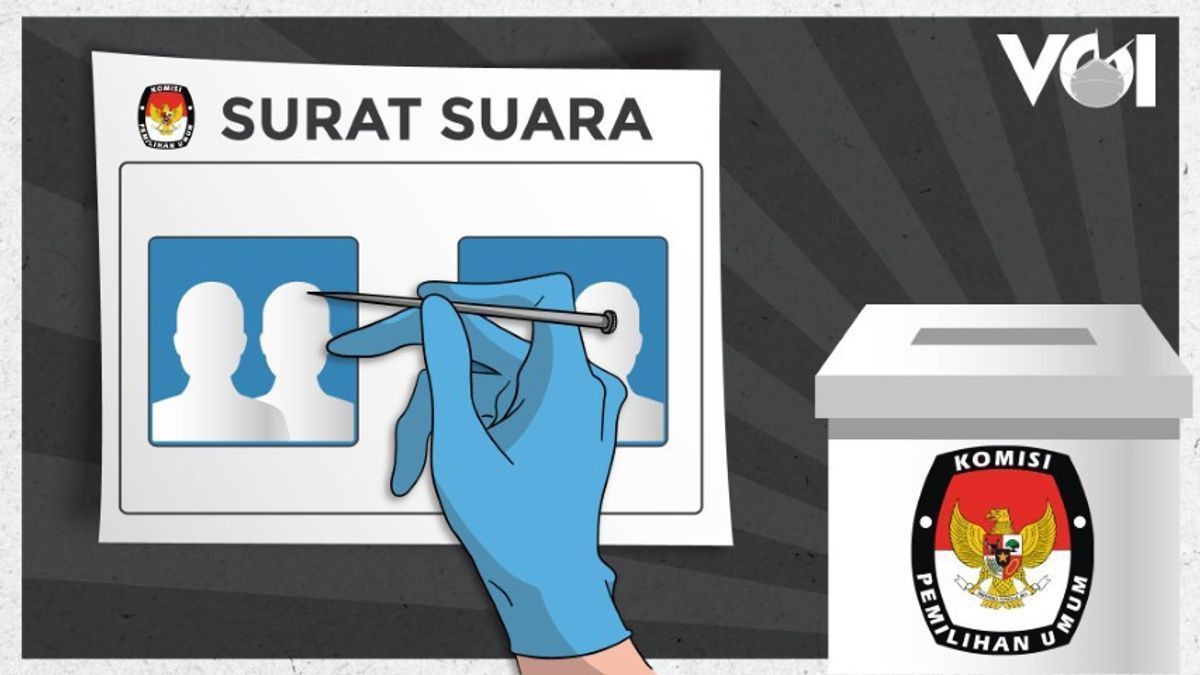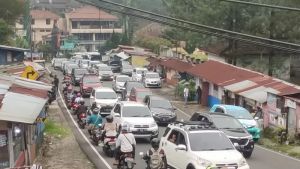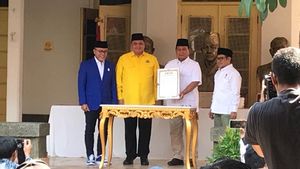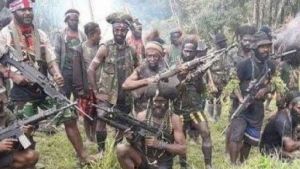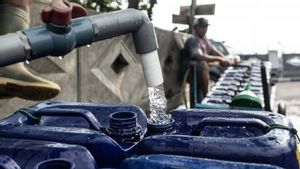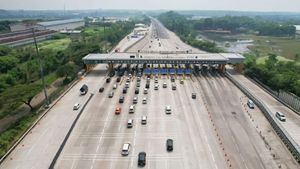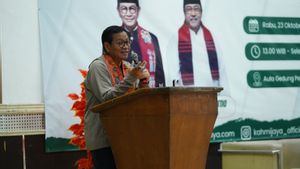JAKARTA - The General Election Supervisory Agency (Bawaslu) has launched a mapping of the vulnerability of the 2024 Simultaneous Elections regarding money politics or money politics.
Bawaslu member Lolly Suhenty explained, this mapping is based on the increasing modus operandi of money politics, but existing regulations have not changed.
"Why does Bawaslu have to make a matter of IKP specifically, the issue is about money politics? Because Bawaslu is in charge of preventing money politics," said Lolly in the Launch of the Mapping of Election Insecurity and Simultaneous Elections in 2024. The Strategic Issue of Money Politics in Bandung, West Java, Sunday, August 13, was confiscated by Antara.
One of Bawaslu's duties is to prevent the practice of money politics as stated in Article 93 letter e of Law Number 7 of 2017 concerning General Elections.
For this reason, the modus operandi of various money politics requires flexibility, quick adaptation and the right strategy so that Bawaslu is able to take maximum precautions.
"Therefore, mapping the vulnerability, then trying to prevent it by grouping the vulnerability in the category of what mode, who is the culprit and where is the area," he said.
Areas Prone To Money Politics In The 2024 Election
Based on the mapping, the provinces most prone to money politics issues are North Maluku (100), followed by four provinces under it, namely Lampung (55.56), West Java (50), Banten (44.44), and North Sulawesi (38.89).
However, based on the aggregation of each district/city, Papua Mountains is the province with the highest level of vulnerabilities in money politics. Nine provinces under Papua Mountains are Central Sulawesi, DKI Jakarta, West Kalimantan, Banten, Lampung, West Papua, West Java, Riau Islands, and North Maluku.
Meanwhile, Jayawijaya Regency, Papua, ranks first in the district with the highest vulnerabilities in money politics issues, followed by Banggai and Banggai Islands Regencies in Central Sulawesi, Sekadau Regency, West Kalimantan, and Central Lampung Regency, Lampung.
Reflecting on the implementation of the 2019 Election to the 2020 Pilkada, Lolly divided the money's political mode into three forms, namely giving directly, giving goods, and giving promises. One of the modes of giving directly is the distribution of money, vouchers, or digital money in exchange for choosing.
"The nominal is Rp. 20,000 to Rp. 200 thousand. Cheap huh? Even though it is for the future of Indonesia," added Lolly.
VOIR éGALEMENT:
Furthermore, he explained that the mode of giving goods was carried out, among others, by distributing worship tools, building materials, gas stoves, competition prizes, to grass machine tools. Meanwhile, the mode of giving promises is in the form of promising rewards, money, or goods in a quiet period.
Lolly said there were four money politicians, ranging from candidates, success teams/companies, state civil servants (ASN), adhoc organizers, sympathizers/supporters.
Member of the Indonesian KPU Parsadaan Harahap said mapping the issue of money politics by Bawaslu would be a measure and reference for his party as a state administrator.
He argues that mapping strategic issues of money politics is needed considering that this practice is increasingly varied and injures democracy.
"The shapes are very varied, from conventional to white collar crimes," said Parsadaan.
In fact, with the sophistication and political practices of money that are increasingly structured and massive, election organizers often find it difficult to prove it.
Therefore, the KPU emphasized the importance of joint collaboration to prevent money politics.
Meanwhile, member of the Honorary Council of Election Organizers (DKPP) RI Ratna Dewi Pettalolo highlighted areas with high poverty levels as places where money politics is most common.
He said community participation on voting day would be small without money politics.
"Some areas that have poverty pockets, high poverty rates need special approaches to prevent money politics," concluded Dewi.
The English, Chinese, Japanese, Arabic, and French versions are automatically generated by the AI. So there may still be inaccuracies in translating, please always see Indonesian as our main language. (system supported by DigitalSiber.id)
